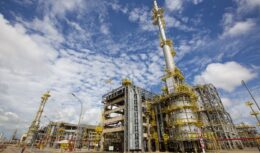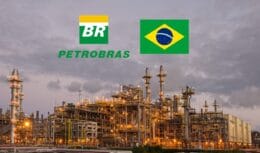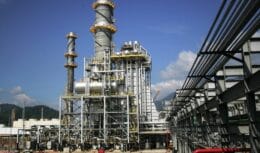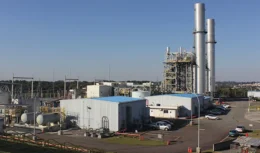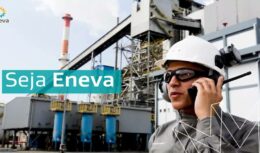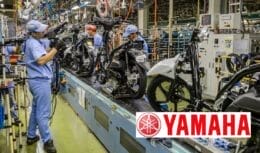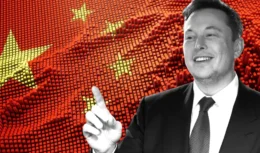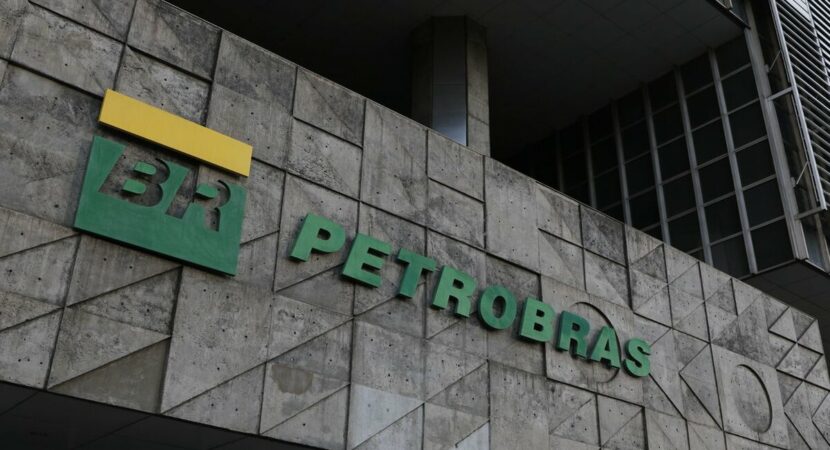
The week started off agitated for the Petrobras company, since the state-owned company decided to postpone the process of planned maintenance of the diesel treatment unit at the Henrique Lage Refinery (Revap), in São José dos Campos (SP), which was scheduled for the second semester of this year.
On Tuesday (05/07), at the request of the National Agency of Petroleum, Natural Gas and Biofuels (ANP), Petrobras announced the measure that suspends the maintenance of refinery, this is to prevent Brazil from facing risks of diesel shortages in the second half of 2022. The current scenario of national and international levels of diesel reserves is worrying, discouraging and far from optimistic.
Refinery maintenance was scheduled for November 2022
According to the company Petrobras, maintenance at the Henrique Lage Refinery (Revap) was originally scheduled for the second half of this year, in November. However, with the measure adopted this Tuesday, the process is expected to be carried out in the first quarter of 2022. This, however, may not be the only change in the company's refining maintenance schedule.
In this way, Petrobras, by means of a note, informed that: “it is also continuing to evaluate the postponement of the shutdown of the Presidente Bernardes Refinery (SP), from November 2022 to 2023, considering the operational conditions and integrity of the process units and legislation in effect”.
It is worth mentioning that it is with the oil refining process that several other substances are produced per day, such as diesel. Therefore, the lack of maintenance of refineries is of paramount importance to avoid risks of diesel oil shortages in the country.
It is also important to remember that Brazil does not produce enough diesel to meet domestic market demand. Thus, the country needs to import the fuel. However, diesel reserve levels are low on an international scale, which ends up interfering with product prices, because the reduction in supply does not follow the fall in demand.
Risk of diesel shortages in Brazil worries Petrobras
In this scenario, at the end of May, a communiqué from the then president of Petrobras, José Moura Ferreira Coelho, to the general director of the ANP, Rodolfo Saboia, was made public, in which the president of the state-owned company informed and warned of the existence of “high risk of diesel shortages in the Brazilian market in the second half of 2022”.
The risk of shortages is justified by the current international scenario of the War in Ukraine, since a series of economic sanctions were imposed on Russia, a major importer of oil. Furthermore, it is also important to point out that the country is an important supplier of natural gas, which has suffered similar restrictions, thus increasing the increased demand by diesel and, consequently, greater shortages at international levels.
In appearances prior to the Petrobras communiqué being leaked, the director general of the ANP, Rodolfo Saboia, stressed that the agency was taking steps to avoid fuel shortages in the country. On Monday, (04/07), the agency announced that it will further intensify the monitoring of S-10 diesel oil imports.
After the controversies, Ferreira Coelho was dismissed from the presidency of the state-owned company on June 20, pressured by the government after measures to increase prices, which accompanied the international price policy. Thus, President Jair Bolsonaro announced days ago that he sanctioned the ICMS reduction law, which resulted in the reduction of fuel values, because the measure makes fuels essential items, limiting the rate between 17% or 18%.

